Nikki Allan trial: Murdered girl was 'dumped like rubbish'
- Published
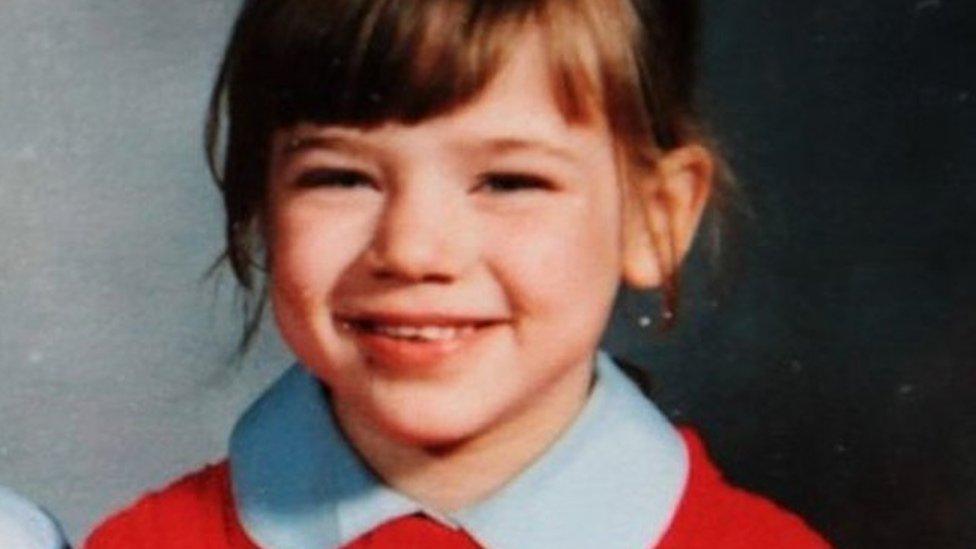
Nikki Allan was killed on 7 October 1992
A seven-year-old girl who was murdered more than 30 years ago was "dumped like a sack of rubbish" in a derelict basement, a court has heard.
Nikki Allan was hit with a brick and repeatedly stabbed in Sunderland's Old Exchange building in October 1992.
David Boyd, 55, of Stockton-on-Tees, denies murder and declined to give any evidence at Newcastle Crown Court.
In the closing prosecution statement, jurors were told they "could be sure" Mr Boyd was the killer.
The court has heard Nikki was seen walking with a man towards the Old Exchange from her home in the Wear Garth flats shortly before 22:00 on 7 October 1992.
Watch the moment David Boyd was arrested
Prosecutor Richard Wright KC said Nikki was "lured" to the building by someone she knew and the "irresistible conclusion" was it was done for a "sinister purpose".
"Something happened" which caused her to cry out before being silenced with a slap or punch, jurors heard.
She was then moved inside where her killer "crushed her skull with a brick" and "stabbed her again and again" before dragging her to the basement where she was "dumped like a sack of rubbish".
The prosecutor said once Nikki's killer had hit her he "just couldn't let her go back to the Garths" as she "would tell her mum what Davey had done".
'Phantom murderer'
A DNA profile matching Mr Boyd's was also found on Nikki's clothes, the accused had a "sexual interest in little girls" and it was "not a freak coincidence" that "all strands of circumstantial evidence" converged on him, the jury was told.
He had "got away with it in 1992" because police thought they "had their man" in another neighbour, George Heron, who was tried and cleared of Nikki's murder in 1993, jurors heard.
As such, the inconsistencies in Mr Boyd's account went unscrutinised but "common sense analysis" showed he was guilty, Mr Wright said.
If he was not the killer, then Nikki was murdered by a "phantom" or "invisible man" who "breezed in" killed her and left behind "not a scientific trace, not a shred of evidence", the prosecutor said.
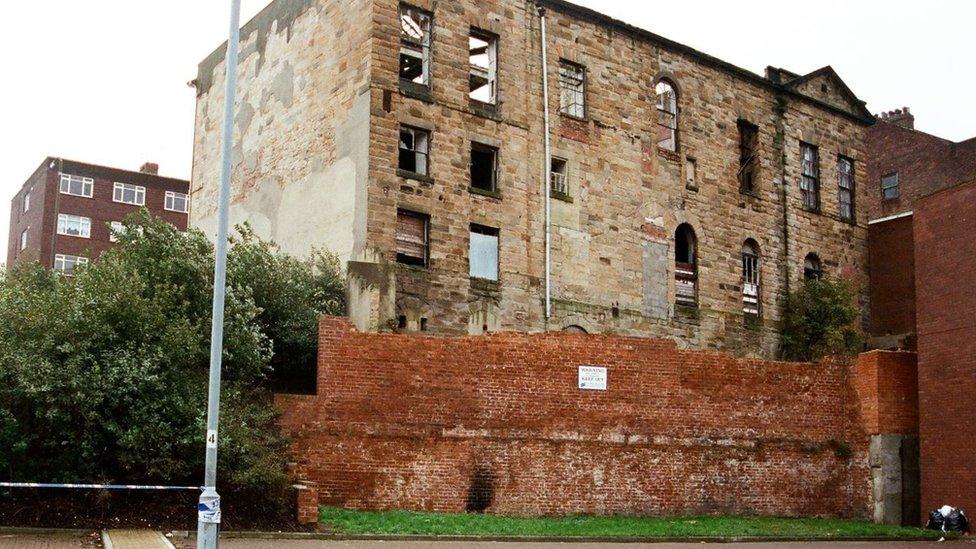
Nikki Allan was killed and her body abandoned in the Old Exchange building in the east end of Sunderland
In her directions to the jury, judge Mrs Justice Christina Lambert said the case against Mr Boyd was "circumstantial" and there was "no direct evidence" of his guilt.
But, she said, the prosecution argued that when the evidence was viewed together it "leaves no doubt that the defendant is guilty".
It included:
Nikki's killer knew her as she was not "taken against her will"
Her killer knew the Old Exchange as they were able to "navigate" their way through the building in the dark
Mr Boyd knew Nikki and the Old Exchange "very well"
A DNA profile matching Mr Boyd's was found on Nikki's clothes
Mr Boyd bore a similarity to a man seen with Nikki shortly before her death as reproduced in an artist sketch
He made a false alibi claiming he had been to the fish and chip shop an hour later than he had
He was convicted of groping a nine-year-old girl in 1999 and admitted having sexual fantasies about young girls
The judge said the defence's case was that the "various strands of evidence don't prove" that Mr Boyd killed Nikki, and they were the "result of innocent coincidences".
She said many people knew both Nikki and the Old Exchange and the DNA on her clothes was not necessarily that of her killer, adding there were "many people that would match the general description" of the man seen with Nikki.
She also said the defence argued that his previous convictions "didn't make it any more likely" he killed Nikki, as they did not involve violence, or that Nikki's murder was "in any way connected with sexual touching".
The judge said the defendant's decision not to give evidence was "his right" but the jury could draw an "adverse inference" and feel he "didn't have an answer to the prosecution case that would stand up to cross examination".
The judge also urged jurors to set aside "perfectly normal human" feelings of sympathy towards Nikki's family when deciding on a verdict.
The trial continues.

Follow BBC North East & Cumbria on Twitter, external, Facebook, external and Instagram, external. Send your story ideas to northeastandcumbria@bbc.co.uk, external.
Related topics
- Published9 May 2023
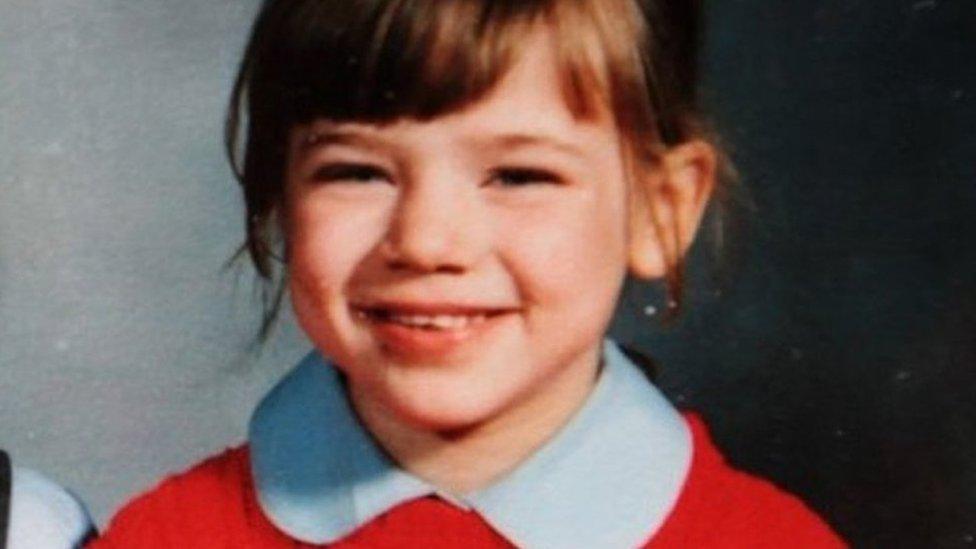
- Published4 May 2023

- Published3 May 2023

- Published2 May 2023

- Published27 April 2023

- Published26 April 2023

- Published25 April 2023
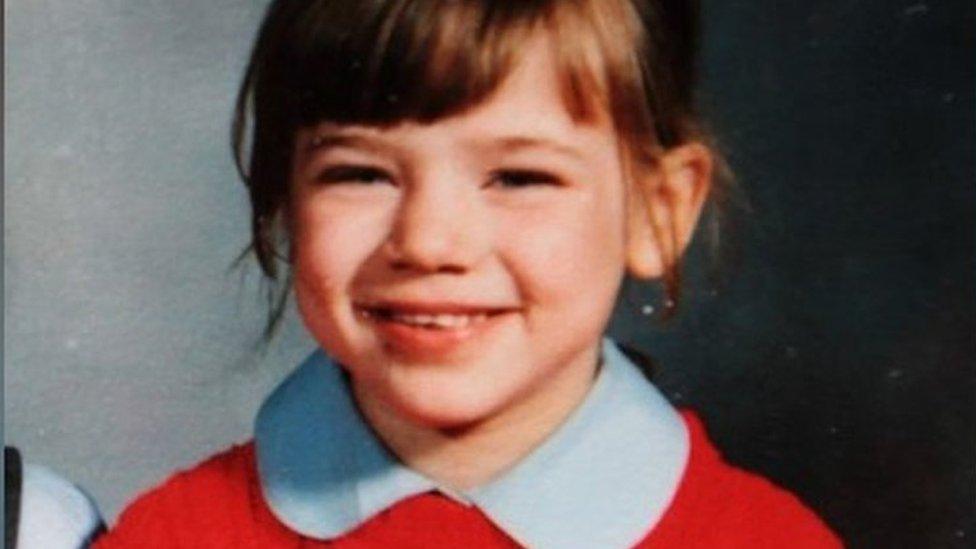
- Published24 April 2023
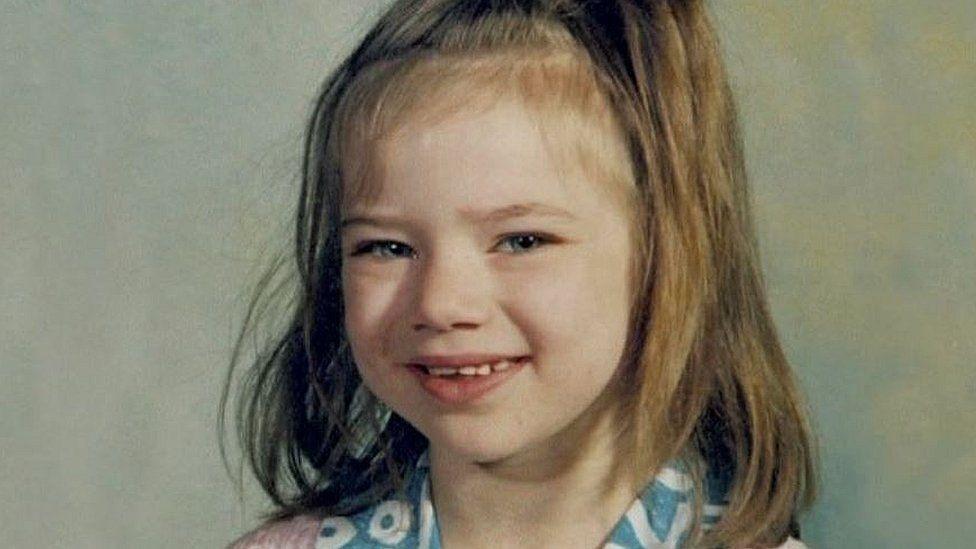
- Published20 April 2023
